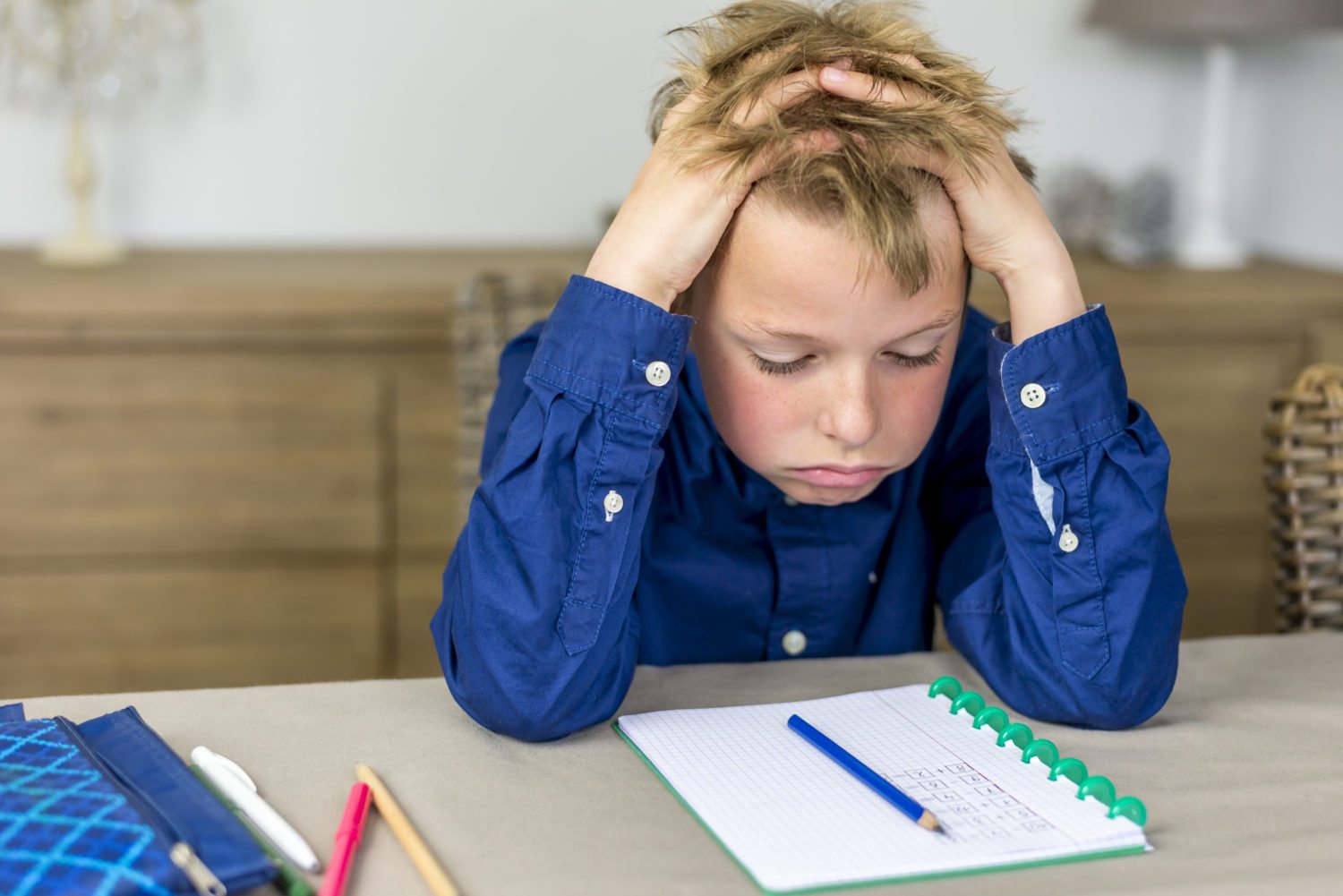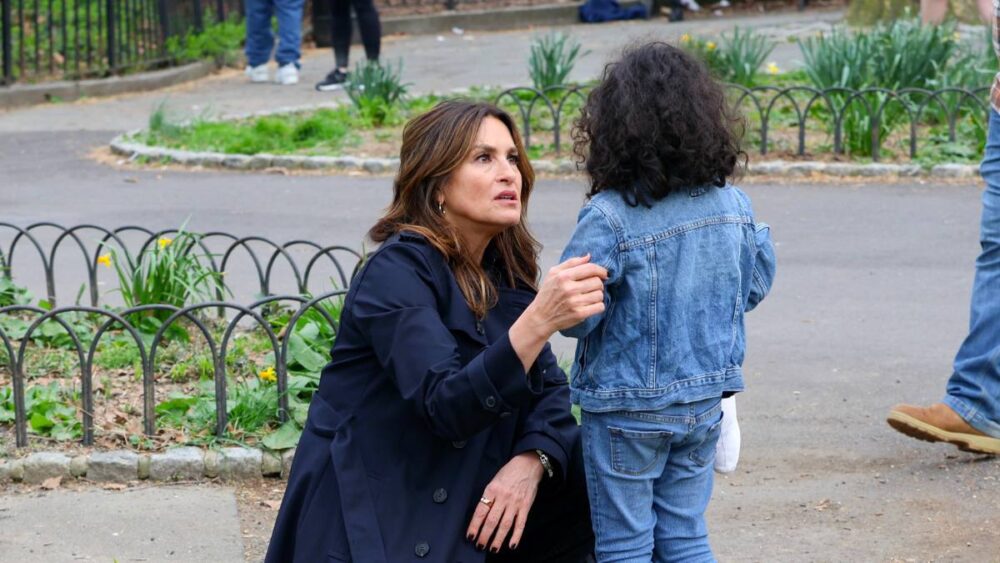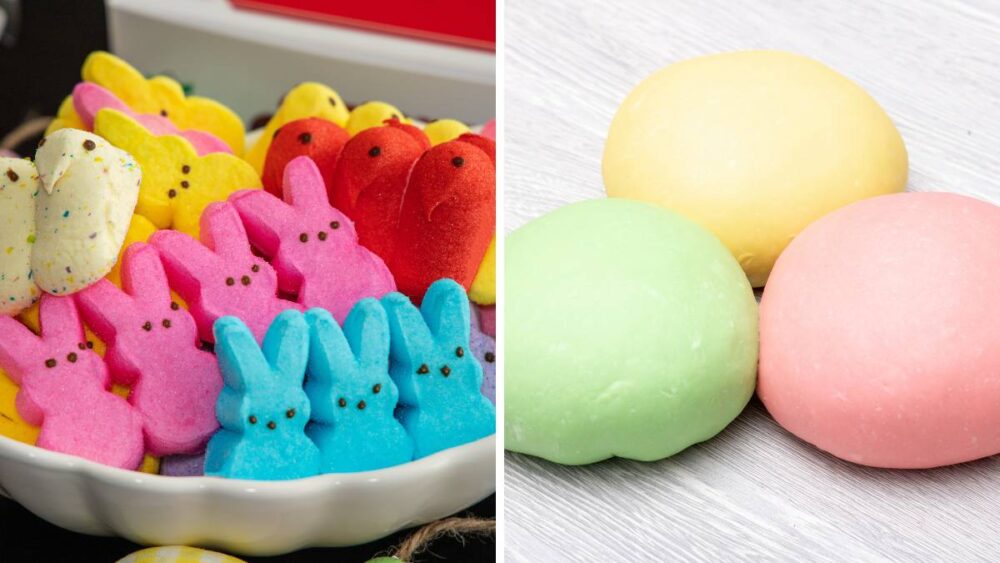Why We Need To Let Our Kids Fail

Ever play Candy Land with a kid who doesn’t like to lose? It’s painful. But how we talk to our kids about something as simple as losing at Candy Land can teach them how to handle failure later in life.
Sure we all want to raise winners, but how we react to our kids’ hiccups and stumbles is really more critical for their future success. If we begin by praising effort over outcome, we start setting them up early to perceive failure as a growth opportunity.
Lee Hancock, PhD and coauthor of “Potentialing Your Child In Soccer,” agrees telling Parents Magazine we should praise our kids for how they play rather than how the game turns out.
“In our house, we talk about how great it is that Owen remembered where the matching cards were in ‘Go Fish’ or praise Gavin for being such a good teammate,” says Dr. Hancock.
As much as we want our kids to succeed, how we as parents respond when things don’t work out has a bigger impact on their future success.
In fact, a study published in Psychological Science says how a parent reacts to their child’s failures plays an important role in whether that child believes intelligence is fixed or malleable. The authors, Kyla Haimovitz and Carol S. Dweck, say those parents who saw failure as debilitating, rather than a learning opportunity, were more likely to have children with fixed mindsets.
“Parents need to represent this to their kids in the ways they react about their kids’ failures and setbacks,” Haimovitz told NPR. “We need to really think about what’s visible to the other person, what message I’m sending in terms of my words and my deeds.”
So, what can we do?
Jessica Lahey, author of “The Gift of Failure,” suggests parents need to stop coming to the rescue for every forgotten homework assignment and social stumble.
“All this swooping and fixing make for emotionally, intellectually, and socially handicapped children unsure of their direction or purpose without an adult on hand to guide them,” she writes.
Lahey told Huffington Post pain is a part of growing up, and it’s important for us to let kids sit with it just long enough for them to learn from it.
She suggests we talk to kids about the process of how they got the result rather than the grade—good or bad outcome aside. What did you do to get ready for the test? How did you prepare for the assignment? What could you do different next time?
This allows us to teach our kids that failing a test, losing a game or forgetting a homework assignment is an opportunity to grow. If we learn from our mistakes, the only real failure is quitting.
A favorite children’s book in our house, “Rosie Revere, Engineer,” by Andrea Beaty teaches this lesson beautifully. The story is about a little girl named Rosie wo loves to invent gadgets and gizmos until a grown-up laughs at her invention and she quits. From that moment on, she denies her inventing passion until one day a visit from her great aunt inspires her to try again. As she tries to help her aunt fly, her heli-o-cheese-copter crashes to the ground. Deeming her efforts a failure, she tries to quit again. But, thank goodness Aunt Rose is there to teach us all a valuable lesson.
“Your brilliant first flop was a raging success! Come on, let’s get busy and on to the next!…Life might have its failures, but this was not it. The only true failure can come if you quit.”
Whenever I read this book, I can’t help but get excited and tearful and all the feels because this, this message is exactly what I hope for my children.
We Are The Models
But we have to do more than read it and say it. We have to model it, too—and that’s the hard part.
My oldest is only 5 and still the homework assignments have started. Just last week she was assigned the dreaded “Writer’s Briefcase.” I had heard from other moms on the playground that this assignment was a doozy. It requires the children to “write” and illustrate a storybook. Most moms assured me their children had dictated the story, but they, the parents, wrote the words.
In my head I knew this was perfectly in the bounds of the assignment, but I also knew my daughter would want to do everything herself. And I was right.
I really had to shove down my instincts to want this little book to be perfect. Surely the other kids’ books were hand-crafted by the parents, shouldn’t I step in? My kid was having none of it.
“Just help me spell it,” she demanded. And so, for nine painstaking pages, we sounded out a book word for word.
As she forgot spaces between letters, or wrote backward S’s I had to hold back, giving little pointers, but not taking the pen. The more time we spent creating this book, the more we both learned. She learned how to spell “was” and “she” all on her own, and even got a few of those S’s going in the right direction.
And I learned that staying quiet and just letting her take the wheel is a really good thing. Best of all, she was proud. Really, really proud.
Living in this Pinterest-perfect world we often forget that school projects and birthday treats and all of it are for the kids. These assignments aren’t really about the final, glossy product, the lesson is in the process.
I know there will be days, weeks—maybe even years—where maintaining this dance with failure will be difficult. But showing my kids how to handle it, and grow and adapt as a result is critical to eventual success—theirs and mine.






